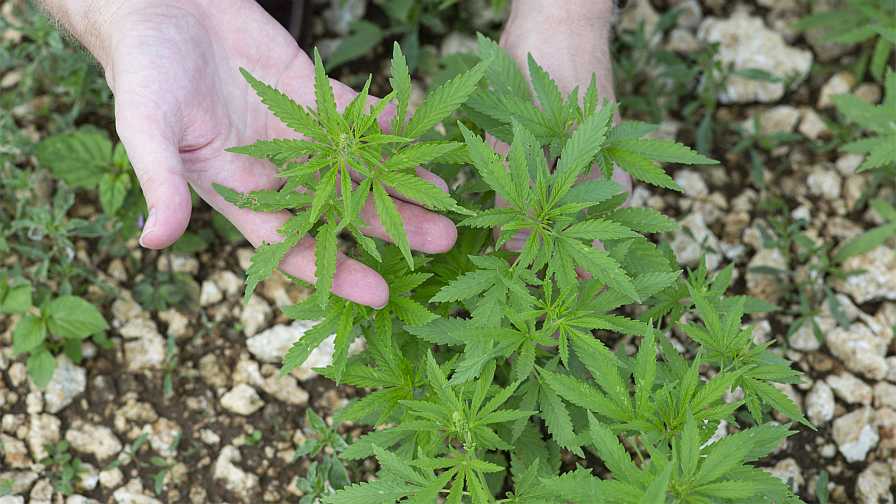Every day, we are bombarded with countless advertisements, including those for hemp-based products. Brands often highlight cannabinoids, potency, and terpenes in their messaging, but these terms mean little to shoppers who aren’t familiar with them. Without a basic understanding, these words become just noise.
This is where education proves essential. Learning about hemp and its components can take various forms, from reading research papers to watching videos or listening to podcasts. Once you discover the learning method that suits you, the opportunities to deepen your knowledge are endless.
Education Breaks Down Myths and Misconceptions
For years, a lack of understanding about hemp fueled the spread of myths and misconceptions. Today, we know cannabinoids interact with the endocannabinoid system to produce distinct effects, but this understanding wasn’t always available.
Take the once-prevalent myth that hemp and marijuana are the same. Modern research has clarified the significant differences between these plants, enabling the creation of laws and regulations that treat them accordingly. Understanding these distinctions helps dispel outdated notions and fosters informed discussions about hemp’s potential.
Although much of the research into hemp is still in its early stages, the growing availability of biomass has allowed scientists to conduct more extensive studies. These advancements enable researchers to delve into specific aspects of the plant and improve the consistency of their findings, further broadening our collective understanding.
Education Helps Shoppers Identify Quality Brands
The sheer number of brands available today can feel overwhelming. From the aisles of specialty shops to the counters at gas stations, hemp-based products seem to be everywhere. With so many choices, it’s often challenging to determine which options stand out for their quality and which fall short.
This is where education becomes essential. Leading brands understand the importance of informing consumers while maintaining rigorous quality standards for their products. They recognize that a knowledgeable shopper is more likely to appreciate the value of a premium product over a cheaper alternative that relies solely on flashy packaging.

How to Learn About Hemp
Exploring hemp has never been more accessible. Over the past decade, significant advancements in research have expanded our understanding of this remarkable plant, opening doors across scientific and medical fields. Whether through engaging with podcasts hosted by industry leaders, watching informative videos from reliable sources, reading articles and research papers, or diving into books and audiobooks, there are endless opportunities to educate yourself about hemp. Conversations with professionals in the field can also provide valuable insights. The variety of learning methods ensures that anyone interested in hemp can find an approach that resonates with them.
The Bottom Line
Consumer education is at the heart of the hemp industry. Informed consumers not only recognize what the hemp plant is but can also differentiate between high-quality and inferior products. Leading brands understand the value of this knowledge and prioritize educating their audience.
Moreover, understanding hemp’s potential helps dispel misconceptions and encourages informed discussions. Modern research has been instrumental in this effort, offering insights into how hemp can contribute to fields like medicine and sustainable housing. These breakthroughs emphasize the plant’s potential and demonstrate its versatility.
Education about hemp is essential to unlocking its possibilities. By building on the foundation of early studies, the potential applications for hemp are boundless, paving the way for innovation and progress.
